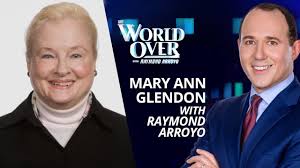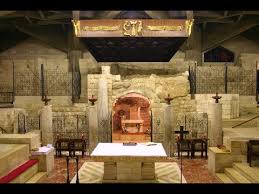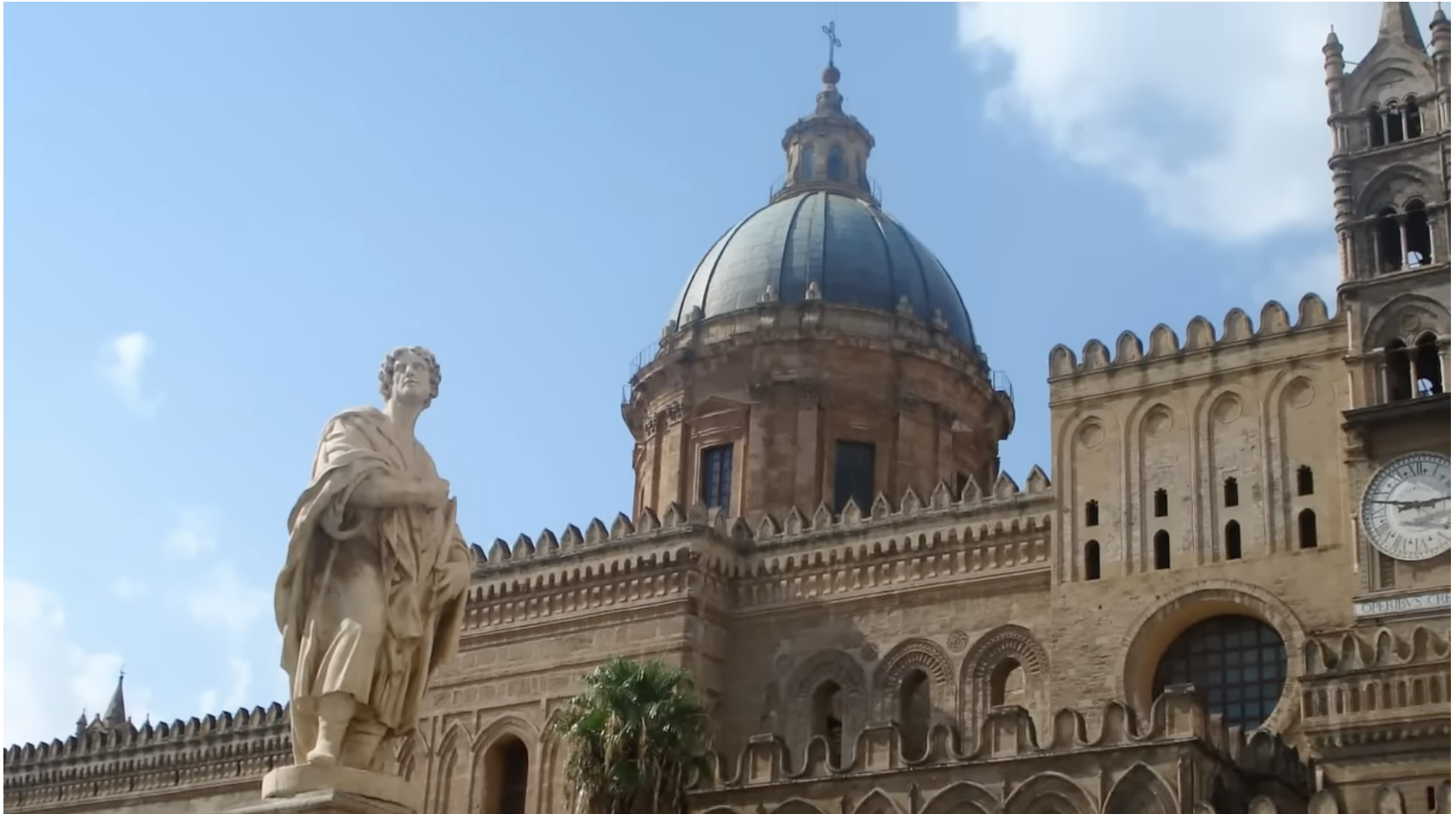I’ve been wondering why, if democracy is the finest form of government ever invented, in its current form it brings out the worst in us. In theory it shouldn’t be so. In theory, we should, in this election season, be engaging in a national discussion of the troubles we face. Marriage is on the rocks, and more children than ever are growing up fatherless. What have we done, though with good intentions, to bring such suffering to the most vulnerable among us?
How can we retrace our false steps? The salaries of working-class men have remained stagnant for forty years. What have we done, though with good intentions, to press them so hard? Why would it be wrong to shrug and say that their way of life is simply a thing of the past?
Why do we graduate millions of high school seniors who know nothing about the West’s heritage of literature, philosophy, religion, and art? How do we wean ourselves from foreign oil, while retaining our commitment to clean water and air?
A married professional man from Ireland can wait for ten years trying to immigrate to the United States, till he gives up – that’s the case of the brother of my financial advisor. But millions of people are here illegally; what is to be done that is consonant with law, equity, prudence, and mercy?
The Middle East fries in its oil and its crisscrossing alliances, treacheries, and hatreds, while Islamic ressentiment against the successful Israelis and the culturally dominant West infects the hearts of young men spoiling for war. What should we do, or what can we do?
We won’t have these discussions. Television is much to blame, but is not the only villain. I am persuaded that the void where the heart of the matter should be has a name: ideology.
Ideology is an ersatz religion. It rushes into the emptiness when one no longer is open to the divine. One element of Enlightenment folklore has it that “religion” is so violent that it has to be kept safely away from politics. That folklore has entered the brains of otherwise intelligent Americans, and seems proof against the most obvious evidence of history, which shows us that, with Islam as a notable outlier, almost every war that men have fought has had nothing to do with religion: men instigate wars for land, glory, wealth, fear, ambition, vengeance, adventure, and blood-lust.
![Martyr in the catacombs by Jules Cyrille Cavé, c. 1900 [Art Gallery of Ontario]](https://www.thecatholicthing.org/wp-content/uploads/martyr_catacombs.jpg)
The danger now is not that religion will inform our politics – that is what religion ought to do, because our intuitions into the divine ought to direct our treatment of the human. I am speaking generally here. The danger now is that religion will be driven to hide in caves, while politics, with its ideological credos, assumes the prerogatives of religion; and that, not religion, has drowned the last two centuries in blood.
The disease is easy to diagnose and perhaps impossible to treat, without a divine miracle. The telltale signs are these. Evidential criteria are forgotten: the ideologue “knows” what he cannot possibly know, such as the state of mind of President Bush when he concluded that Iraq possessed a cache of dangerous weapons or the uranium and other elements necessary to make them. The ideologue places the worst construction on the deeds of his opponents, such as that President Obama promoted his health care plan with full knowledge that it would fail.
The ideologue attributes accidents to Machiavellian cunning and misjudgments to complete stupidity, not seeing that each attribution cancels out the other. The ideologue is not the man who believes he is right: he is the man who can no longer imagine how anyone can fail to believe exactly as he does without being steeped in evil. He does not stop to consider that he himself also once believed otherwise.
The ideologue is the essential bigot, who cannot enter imaginatively and appreciatively into the moral universe of his opponent, but whose own moral universe is one-dimensional, like a caricature.
The ideologue cannot sin. So long as he possesses the “right” opinions, he has free rein to do the most shameful things to other people; he is a slanderer, a coward, a bully; he feels righteous as he runs his opponent out of a job; he does not forgive, because he feels he needs no forgiveness; a score of 100 on the ideological check-list is for him the saving grace of God.
I’ve used the masculine pronoun here, but feminism has rendered women quite vulnerable to what has historically afflicted men far more frequently. As difficult as it is for a man to have a decent conversation with another man who disagrees with him, it is impossible with a woman who disagrees, because feminism has tangled itself around her sense of self, which is, when you fail to place God and family at the center of your life, never very strong, no matter how gaudily you present yourself to the world.
The great majority of attempts in our colleges to shut down free speech and free association come from female ideologues, so breathless in their haste, they cannot stop to consider that what they are really demonstrating is that they do not belong in colleges at all.
Ideology is impatient, unkind, envious, vain; obnoxious, self-seeking, touchy; believing the worst, rejoicing in iniquity; seething against the truth, tolerating nothing; restless, without real faith or hope in God.
When the ideologue was a child, he greeted the world with the wonder of a child, but now that he has grown old in ideology, he has put the things of his childhood away. For then he saw the truth dimly, as in a glass, but now he dwells in the stark blank light of ideology, and in that blankness every face, human and divine, is obliterated. So for the ideologue these three things remain: trust in the future, boundless ambition, and hatred: and the most characteristic of these is hatred.














